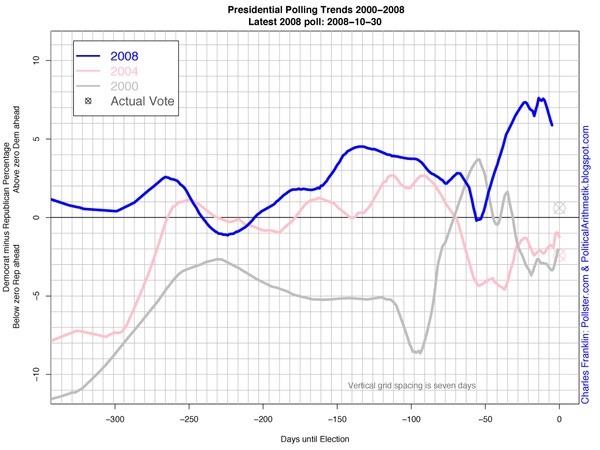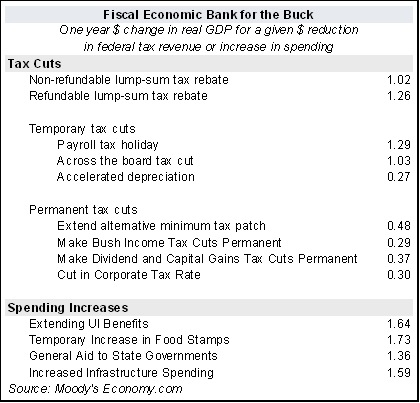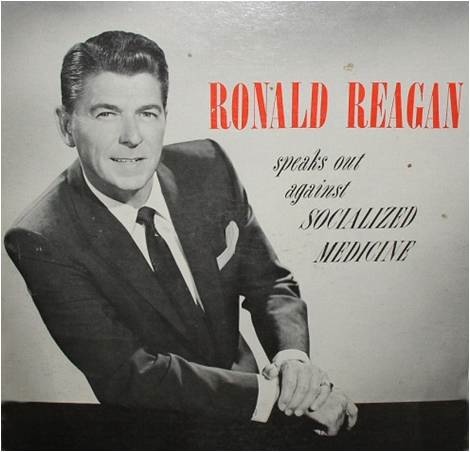A long and pessimistic report by Nir Rosen in Rolling Stone, after and about a harrowing trip into Taliban-held Afghanistan. Iraq was (and is) bad enough, and Afghanistan is not Iraq. I’ll quote a bit of it here, but do read the whole thing.
How We Lost the War We Won
[Dr. Khalil] joined the Taliban early, eventually serving as a commander in a northern district. He says he is fighting to restore a government of Islamic law, but that Mullah Omar does not have to be the leader again. God willing, he adds, it will take no more than 30 years to rid Afghanistan of foreigners.
…

The Bush administration is placing its hopes on presidential elections in Afghanistan next year, but everyone I speak with in Kabul agrees that the elections will be a joke. “The Americans are gung-ho about elections,” a longtime nongovernmental official tells me. “But it will only exacerbate ethnic tensions.” In Pashtun areas controlled by the Taliban, registration would be virtually impossible, and voting would invoke a death sentence — effectively disenfranchising the country’s dominant ethnic group. “You can’t fix the insurgency with an election,” a senior U.N. official tells me. “It’s a socioeconomic phenomenon that goes well beyond the border of Afghanistan.” Real elections would require the cooperation of the Taliban — and that, in turn, would require negotiations with the Taliban. The war, in effect, is already lost.
“This can’t be solved other than by talking to the Taliban,” says a top diplomat in Kabul. A leading aid official adds that it is important to understand the ideological goal of the Taliban: “They don’t have an international-terrorist agenda — they have an Afghanistan agenda. We might not agree with their agenda for the country, but that’s not our war.” Former Taliban leaders agree that only talks will end the war. “If the U.S. deals with Pakistan and negotiates with higher-level Taliban,” says one, “then it could reach a deal.”
ADVERTISEMENT
Negotiating with the Taliban would also enable the Americans to take advantage of the sharp divisions within the insurgency. Mullah Omar, the Taliban leader, has been openly criticized by a rival named Siirajudin Haqqani, who has called for Omar to be replaced. In provinces like Ghazni, the Taliban leadership is now divided between commanders loyal to Omar and men who follow Haqqani. A recent meeting between supporters of the two men in the Pakistani city of Peshawar reportedly descended into fighting when an Omar official threw his tea glass at a Haqqani man. The internal split provides an opening — if U.S. intelligence is smart enough to exploit it.
“The U.S. should try to weaken the Taliban,” a former Taliban commander tells me. “They should make groups, divide and conquer. If someone wants to use the division between Haqqani and Omar, they can.”
The Bush administration believes it can stop the Taliban by throwing money into clinics and schools. But even humanitarian officials scoff at the idea. “If you gave jobs to the Viet Cong, would they stop fighting?” asks one. “Two years ago you could build a road or a bridge in a village and say, ‘Please don’t let the Taliban come in.’ But now you’ve reached the stage where the hearts-and-minds business doesn’t work.”
Officials on the ground in Afghanistan say it is foolhardy to believe that the Americans can prevail where the Russians failed. At the height of the occupation, the Soviets had 120,000 of their own troops in Afghanistan, buttressed by roughly 300,000 Afghan troops. The Americans and their allies, by contrast, have 65,000 troops on the ground, backed up by only 137,000 Afghan security forces — and they face a Taliban who enjoy the support of a well-funded and highly organized network of Islamic extremists. “The end for the Americans will be just like for the Russians,” says a former commander who served in the Taliban government. “The Americans will never succeed in containing the conflict. There will be more bleeding. It’s coming to the same situation as it did for the communist forces, who found themselves confined to the provincial capitals.”
Simply put, it is too late for Bush’s “quiet surge” — or even for Barack Obama’s plan for a more robust reinforcement — to work in Afghanistan. More soldiers on the ground will only lead to more contact with the enemy, and more air support for troops will only lead to more civilian casualties that will alienate even more Afghans. Sooner or later, the American government will be forced to the negotiating table, just as the Soviets were before them.
“The rise of the Taliban insurgency is not likely to be reversed,” says Abdulkader Sinno, a Middle East scholar and the author of Organizations at War in Afghanistan and Beyond. “It will only get stronger. Many local leaders who are sitting on the fence right now — or are even nominally allied with the government — are likely to shift their support to the Taliban in the coming years. What’s more, the direct U.S. military involvement in Afghanistan is now likely to spill over into Pakistan. It may be tempting to attack the safe havens of the Taliban and Al Qaeda across the border, but that will only produce a worst-case scenario for the United States. Attacks by the U.S. would attract the support of hundreds of millions of Muslims in South Asia. It would also break up Pakistan, leading to a civil war, the collapse of its military and the possible unleashing of its nuclear arsenal.”
In the same speech in which he promised a surge, Bush vowed that he would never allow the Taliban to return to power in Afghanistan. But they have already returned, and only negotiation with them can bring any hope of stability. Iraq, Afghanistan and Pakistan “are all theaters in the same overall struggle,” the president declared, linking his administration’s three greatest foreign-policy disasters in one broad vision. In the end, Bush said, we must have “faith in the power of freedom.”
But the Taliban have their own faith, and so far, they are winning. On my last day in Kabul, a Western aid official reminds me of the words of a high-ranking Taliban leader, who recently explained why the United States will never prevail in Afghanistan.
“You Westerners have your watches,” the leader observed. “But we Taliban have time.”



